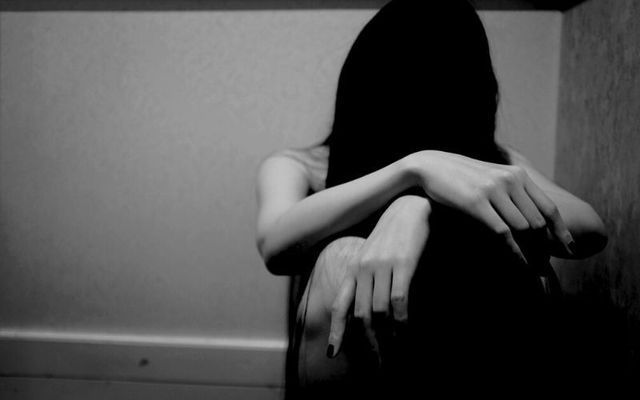A human rights activist says a trafficked woman is worth €150,000 to criminal gangs, as two women are found guilty of two counts of trafficking women around Ireland.
Following a six-week jury trial at Mullingar Circuit Criminal Court in June, Alicia Edosa, 45, and Edith Enoghaghase, 31, were each found guilty of two counts of trafficking women around Ireland between September 2016 and June 2018
The two Nigerian woman became the first people in Ireland to be convicted of human trafficking for the prostitution ring they ran out of the midlands, reports The Irish Mirror.
Each woman was also convicted of a single charge of organizing prostitution as well as a series of money laundering offenses.
Enoghaghase’s husband, Omonuwa Desmond Osaighbovo, 30, was convicted of four related money laundering offenses.
The women were sentenced to jail time by Judge Francis Comerford at a hearing last week.
Author and activist Siddharth Kara, an expert on modern day slavery and human trafficking, told Sunday World that slave gangs seek to maximize profits whether it is by running brothels, mining cobalt or growing cannabis.
He added that modern slavery is part of the global economy.
"This is important for people in Ireland to understand - you may not see it, you may not be aware of it, but it is inevitably, inexorably touching your life, by virtue of the clothes you buy, the food you eat, the jewelery you wear, the make-up you wear, the soap and shampoo you use and crucially, just about every tech device and if you happen to own an electric car, that too."
During the trial in Ireland, one of the victims told the court how she was subjected to a juju ritual in Nigeria before being smuggled into Europe.
The woman ended up in brothels all over Ireland and had made €44,000 for the gang before the vice operation was broken up in Mullingar.
Victims of Ireland sex trafficking ring describe their ordeal as two women jailed https://t.co/Q9frVIkRgm
— Sunday World (@sundayworld) September 28, 2021
Kara said: "The Nigerian story is a very specific, distinctive form of human trafficking. I spent a month in Nigeria documenting how it all works.
"It's not uncommon - this is a very, very common story. It's ten years ago since I was in Nigeria and it is still today impoverished women and girls living in violent, insecure areas getting recruited, undergoing juju rituals.
"Instead of shackles, this is another kind of control. It is a deeper and more powerful kind of control.
"They are brought to Europe with massive debts they have to repay in commercial sex," said Kara, the author of the book "Modern Slavery."
"You can imagine - young, away from home, don't know the local language, probably vulnerable, oppressed and you've got this hold over you.
"The kind of exploitation that can take place is extraordinarily intense. All the profits accrue up the chain."
In recent years, Ireland has come under criticism for failing to get to grips with modern slavery gangs operating in the country.
Kara said: "Most people aren't aware there are still slaves in the world. Most people think 'didn't we abolish slavery some 150 years ago, end the slave trade and so on and this is in the past.'
"Yes, on paper slavery was abolished - you could not, from the mid 1800s onwards, buy or sell a person like property.
"The reality is that the practice of exploiting people like property for economic benefit never ended. It may not have legal backing but that doesn't mean it just went away."
"It isn't cruelty for cruelty's sake - slavery has never been and never will be about for cruelty's sake. It is an economic crime, about eliminating the cost of labour in order to maximize profit."




Comments